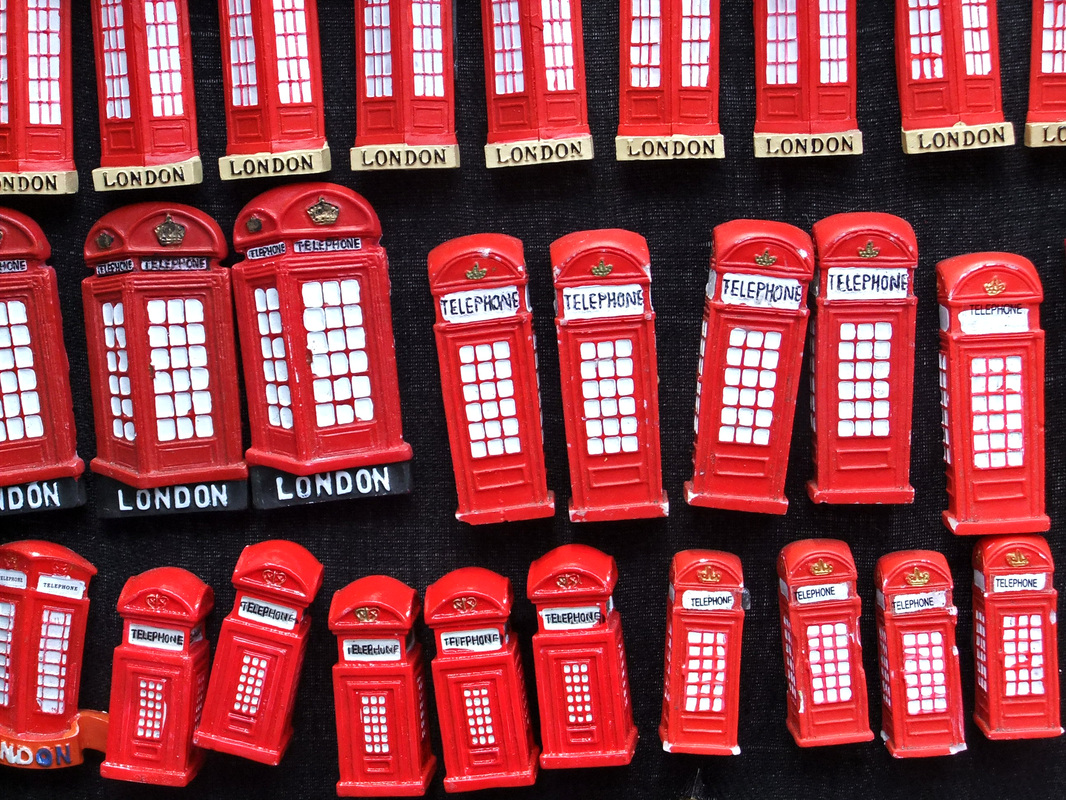We were so lucky with the weather last Saturday, weren't we? I thought it was going to rain, but it didn't and we were able to stay dry throughout the walk.
Thank you for all your hard work - the worksheets and the research.
Below is some of the vocabulary that we went over in the cafe at the end. I hope it's useful so that when I see you again, you'll remember every word!
I look forward to seeing you all again.
Best Wishes
Gail
Vocabulary Barnes Bridge to Fulham Palace – Saturday 22nd June 2013
To snoop (around) (on somebody) (verb): To look around secretly and without permission in order to find out information. E.g. He snooped in the office cupboard to find the information he needed.
Snooper (noun): a person who snoops.
Snooping (adjective): E.g. We had snooping neighbours. They used every opportunity to come round.
A spook (noun): An informal word for spy.
Spooky (adjective): Strange and frightening. E.g. It was spooky being in the house at night.
Nosy (adjective): When someone shows too much curiosity in another person’s business. E.g. My colleague is so nosy. She tries to read my notes all the time. E.g. We’ve got such nosy neighbours. They even peer at us over the garden wall!
A river (noun): a large expanse of water that flows to the sea (or in a lake or into another river). Rivers are usually quite wide or become wider as they continue to flow.
A stream (noun): a small and narrow river
A brook (noun): a small stream
A pond (noun): a small area of water that doesn’t have any natural movement. Some people have a pond in their garden for small fish and plants.
A lake (noun): a large area of water that is surrounded by land.
To stream (verb): We also use ‘stream’ to describe liquid, gas or light. E.g. He couldn’t stop crying. Tears streamed down his face.
We also use ‘stream’ about people or things. E.g. During rush hour, people streamed out of the tube station.
A public outcry (noun): A strong protest by a large number of people because they disagree with something.
A demonstration / a demo (British informal) (noun): A public protest for or against something. Often, a large number of people meet in a central place to demonstrate.
The embankment (noun): An embankment is usually made of earth or stone to stop a river from spreading across a road or railway. Often, there is a pathway next to a river which we call the embankment.
Wealthy (adjective): When someone has lots of money or property, we say they’re wealthy.
Rich (adjective): the same as wealthy
Note: We can say that a cake is ‘rich’ in calories. But we can’t say that a cake is ‘wealthy’ in calories.
Well-to-do (adjective): the same as wealthy
Well off (adjective): the same as wealthy. E.g. The family who live at number 72 are really well off. They have 6 cars, 3 houses, 18 horses and a swimming pool.
A zebra crossing (noun): the black and white striped crossings that pedestrians can use to cross the road. In England, cars have to stop when a pedestrian starts to cross on a zebra crossing.
A sundial (noun): A type of clock used in past times that uses the sun and a pointed piece of metal to show what the time is. E.g. We saw a sundial on the church in Barnes.
Huge (adjective): Very big. E.g. The London Wetlands Centre is huge. It’s 42 hectares.
A vehicle (noun): Something which transports people or things from place to place e.g. cars, lorries, trains, buses, bicycles.
Underneath (preposition/adverb): Situated directly below something else. E.g. She put her bag underneath the table. (You can use ‘underneath’ in place of ‘under’)
A beech tree (noun): a type of tree common in England. We saw some beech trees in Barnes.
A major problem
A major road
A mayor (note difference in spelling and pronunciation with ‘major’): A person who is elected to be the leader of a group of people who manage the affairs of a town or city.
Some corrections:
When we talk about our likes and hobbies, we use ~ing E.g. I like running; I like reading; he enjoys cooking; they love walking etc.
Someone said: “I try to accurate my English”. ‘Accurate is an adjective = exact and correct, without mistakes. E.g. I need to be accurate with money. E.g. The shop worker must be accurate when giving change to the customer.
Because ‘accurate’ is an adjective, we cannot say ‘I try to accurate my English’. We need another verb. E.g. I try to improve my English.
Or: I’m trying to be more accurate!!
 RSS Feed
RSS Feed
